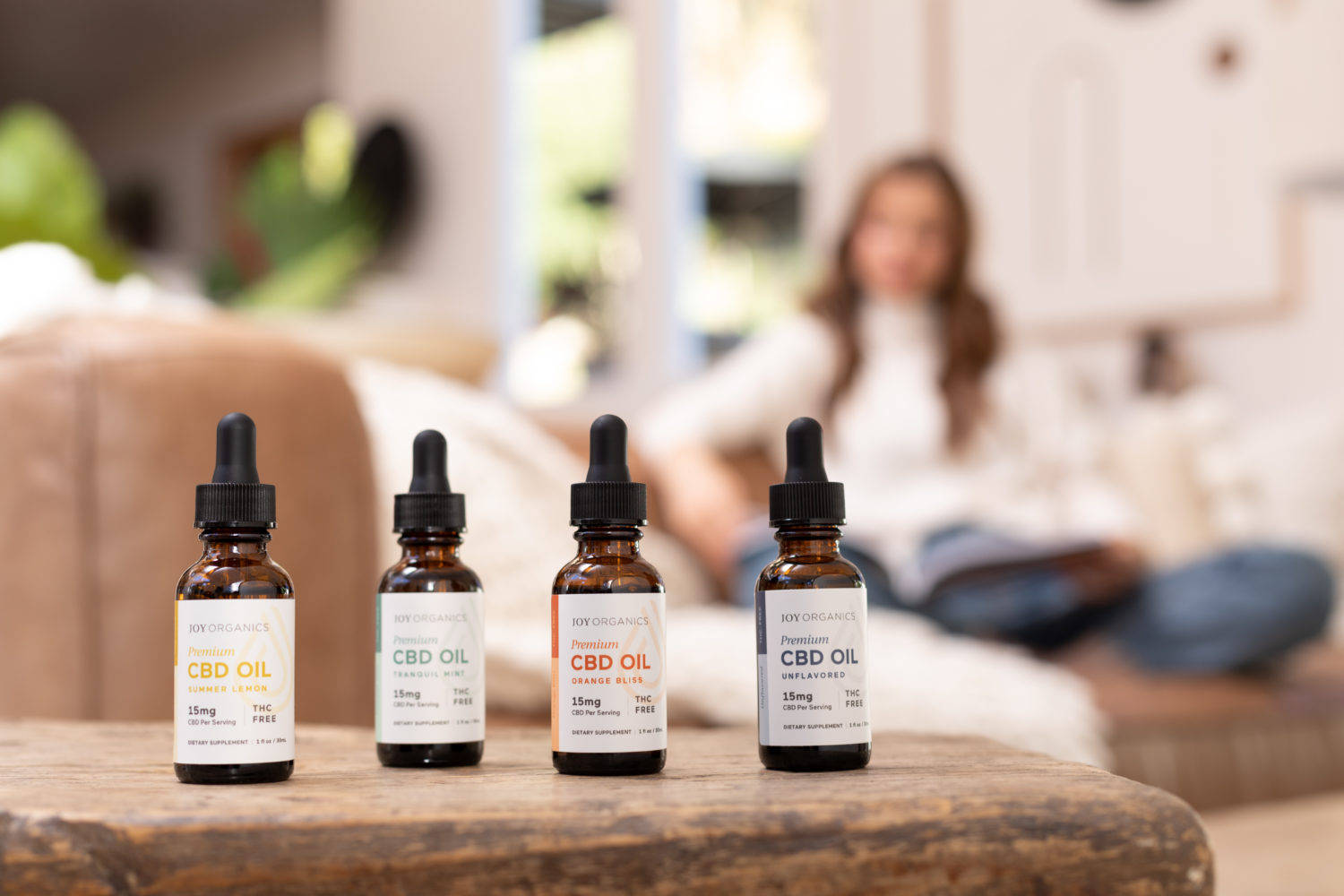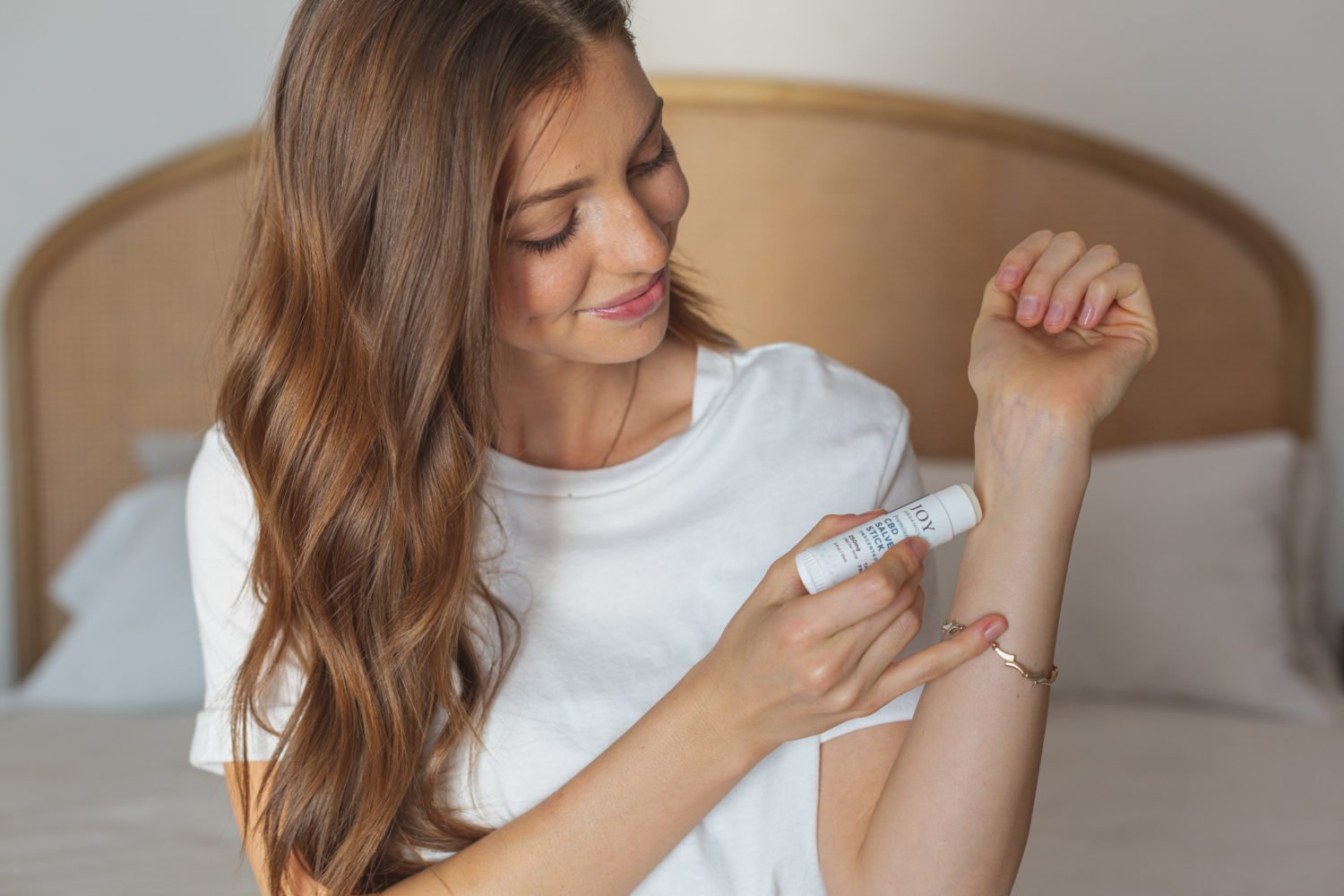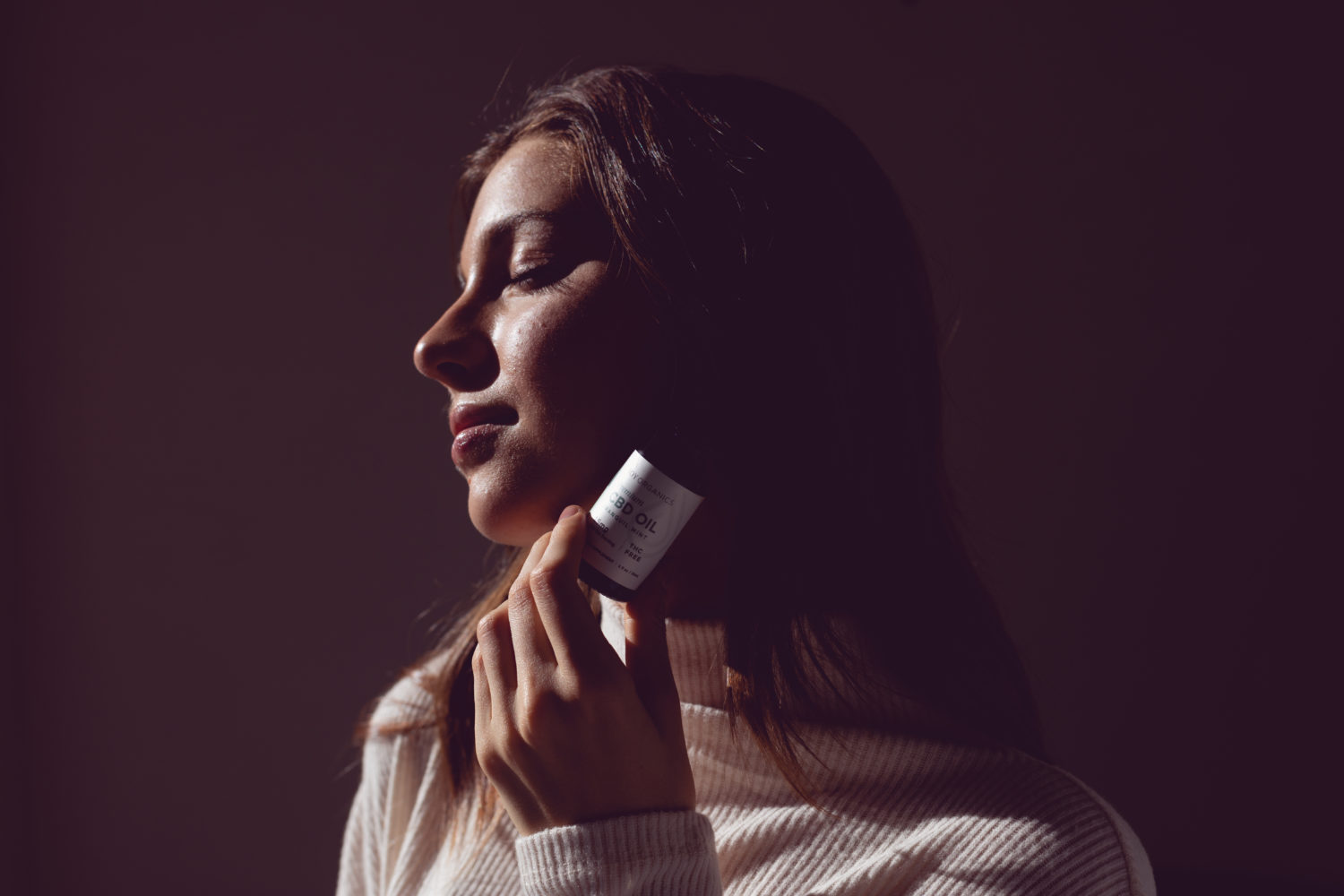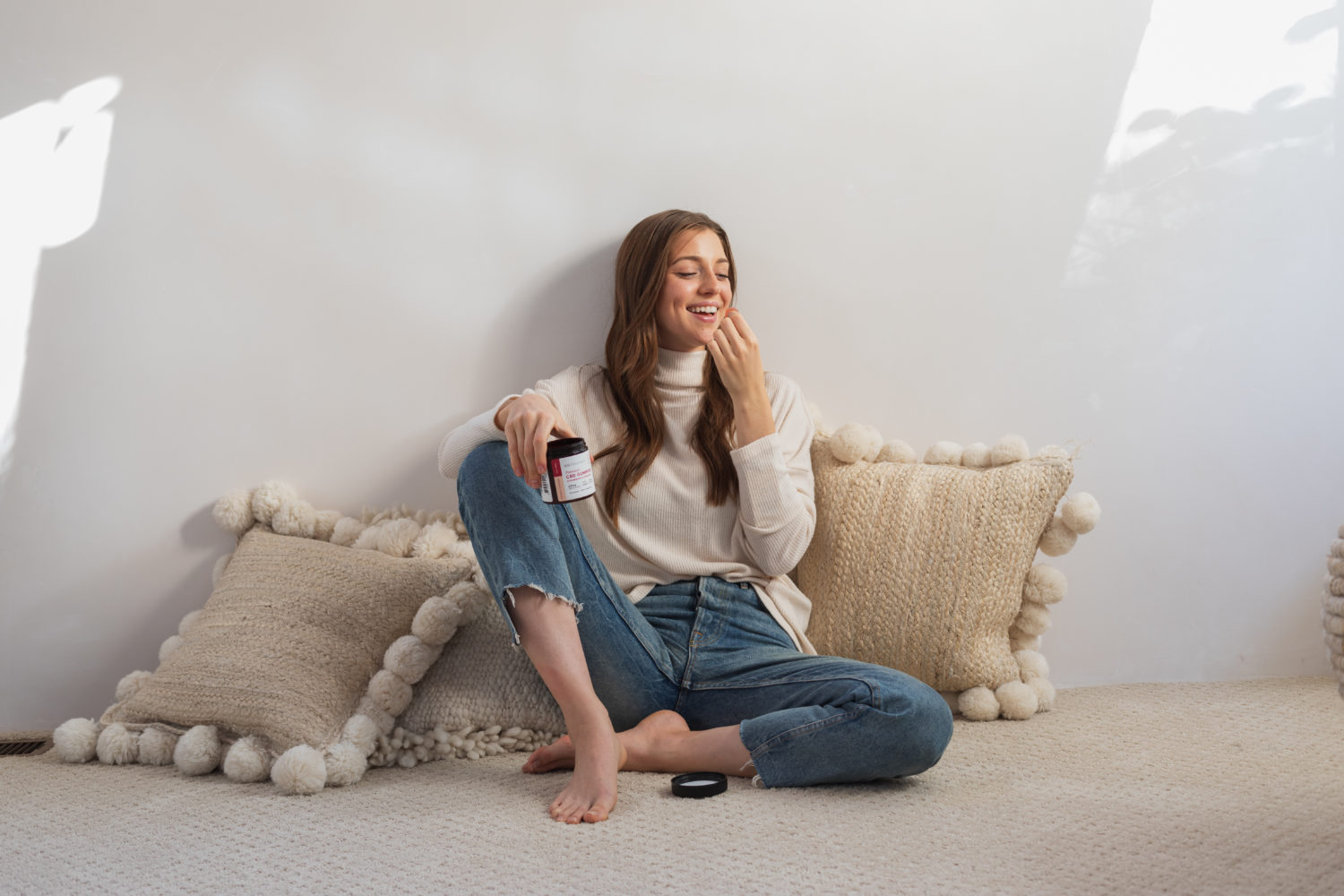Have you noticed that CBD is popping up pretty much everywhere these days? Depending on who you ask, you’re bound to get a bounty of different information about the popular cannabinoid. Sure, some of it’s likely true, but there are also plenty of bogus claims that contradict the truth.
It’s not that all the information you hear about CBD is necessarily wrong. As much as it seems like CBD products have been around forever, the industry is still very much in its infancy and research is limited. While the legal status of cannabis has kept researchers from conducting the clinical trials that would undoubtedly clear up a lot of the confusion about CBD, there are a few things we know for sure.

Let’s clear up some of the most common misconceptions about CBD.
4 Common Misconceptions About CBD
- CBD is the Healthy Cannabinoid, THC is Only for Recreational Use
Did you know that cannabis has a history of medicinal use that dates back thousands of years? True story. Despite this fact, there are still plenty of people that believe CBD is the “healthy” cannabinoid and THC is saved for recreational pleasure.
This common misconception is left over from years of prohibition, where criminalization and “stoner stereotypes” set the stage for false impressions regarding the use of cannabis.
As it turns out, THC isn’t just used for recreational purposes. To date, 33 states and Washington, DC have legalized medical marijuana, meaning that cannabis that contains THC is recognized for its beneficial properties.
Yes, CBD has been shown to have therapeutic value. So has THC. There are also 100+ other cannabinoids contained in cannabis, many of which are known to have their own benefits.

- CBD is Non-Psychoactive
You’ve likely heard it before. When people say CBD isn’t psychoactive, what they actually mean is that it doesn’t get you high or offer the same euphoric effect as THC. While it’s true that CBD isn’t an intoxicant, to say it isn’t psychoactive is one of the biggest misconceptions.
Technically, a psychoactive substance is anything that changes our brain in some way and adjusts our perception of how we identify with reality. Coffee, tea, and chocolate are all considered psychoactive substances, but they don’t exactly make you feel “high.”
CBD is somewhat similar. Like coffee, tea, and chocolate (all of which are derived from plants), CBD contains psychoactive properties in that it does cause chemical changes in the brain that can noticeably alter our mood—much like when we drink a cup of coffee or indulge in some dark chocolate.
Does the coffee and chocolate make us feel high or stoned? Not in the slightest—and neither does CBD, but it does cause a psychoactive effect. Psychoactive, yes; intoxicating, no.

- CBD Activates Cannabinoid Receptors
You might’ve heard someone say that CBD works because it activates cannabinoid receptors in the endocannabinoid system (ECS). In case you’re unfamiliar, the ECS is believed to be responsible for a number of different functions including sleep, mood, memory, pain perception, immune function, and more.
At the most basic level, the ECS consists of the body’s two naturally-occurring endocannabinoids (anandamide and 2-AG), two cannabinoid receptors (CB1 and CB2 receptors), and enzymes that synthesize and degrade endocannabinoids (FAAH and MAGL). CB1 and CB2 receptors have two major functions: (1) They regulate the body’s naturally occurring endocannabinoids, and (2) They also regulate the behavioral effects of cannabinoids found in cannabis.
THC and CBD, however, don’t have the same effect on cannabinoid receptors.
THC binds directly to both CB1 and CB2 receptors. In fact, THC’s binding affinity to CB1 receptors is responsible for its intoxicating effects. Here’s the thing, though. CBD doesn’t likely bind to either cannabinoid receptor. Instead, its effects are caused by an indirect impact to CB1 and CB2 receptors and its influence on other neurons and receptors.
For one, CBD inhibits FAAH, which increases anandamide levels in the brain. For another, CBD binds to TPRV1 receptors, which are known for their role in injury response and body temperature. CBD also activates 5HT1A serotonin receptors, which is why it’s said to be so beneficial for soothing everyday stress.
While it can all seem rather confusing, especially for those new to the ECS and understanding how CBD really works, the effects of CBD aren’t caused by binding to cannabinoid receptors.

- The More CBD, the Better
Have you ever heard the saying, “everything in moderation”? This is also true for CBD. While there’s a common assumption that taking more CBD will somehow work “better,” it simply hasn’t proven to be true. In fact, both CBD and THC contain what’s known as biphasic properties, which means that low and high serving sizes could ultimately produce the opposite effects. Taking more CBD could actually be less effective than taking a smaller serving size.
That being said, there is no standard serving size for CBD. The amount of CBD a person takes is independently unique. While some people might require larger serving sizes based on the reason they’re taking it, more CBD isn’t necessarily better.
When it comes to how much CBD you should actually take, there’s a general consensus within the CBD community to start low and go slow. If the milligram content you’re taking doesn’t seem to have any effect, increase it gradually until you find the perfect serving size to fit your individual needs.
Keep in mind that CBD isolates have shown to require larger serving sizes to be effective as compared to full or broad spectrum CBD products that contain a wide range of other beneficial cannabis compounds such as additional cannabinoids, terpenes, and flavonoids.
This doesn’t mean that more CBD is better, however—especially when taking high-quality full or broad spectrum CBD oil. In fact, the average 150-lb-person might start out with as little as 15-25mg CBD a day.
CBD might be the newest superstar when it comes to naturally supporting health and wellness, but don’t believe everything you hear. Maybe it’s not exactly the “miracle oil” you’ve heard companies claim it to be, but clearing up some of the misconceptions that surround CBD can help us better understand its beneficial potential.
Advertising disclosure: We may receive compensation for some of the links in our stories. Thank you for supporting LA Weekly and our advertisers.


